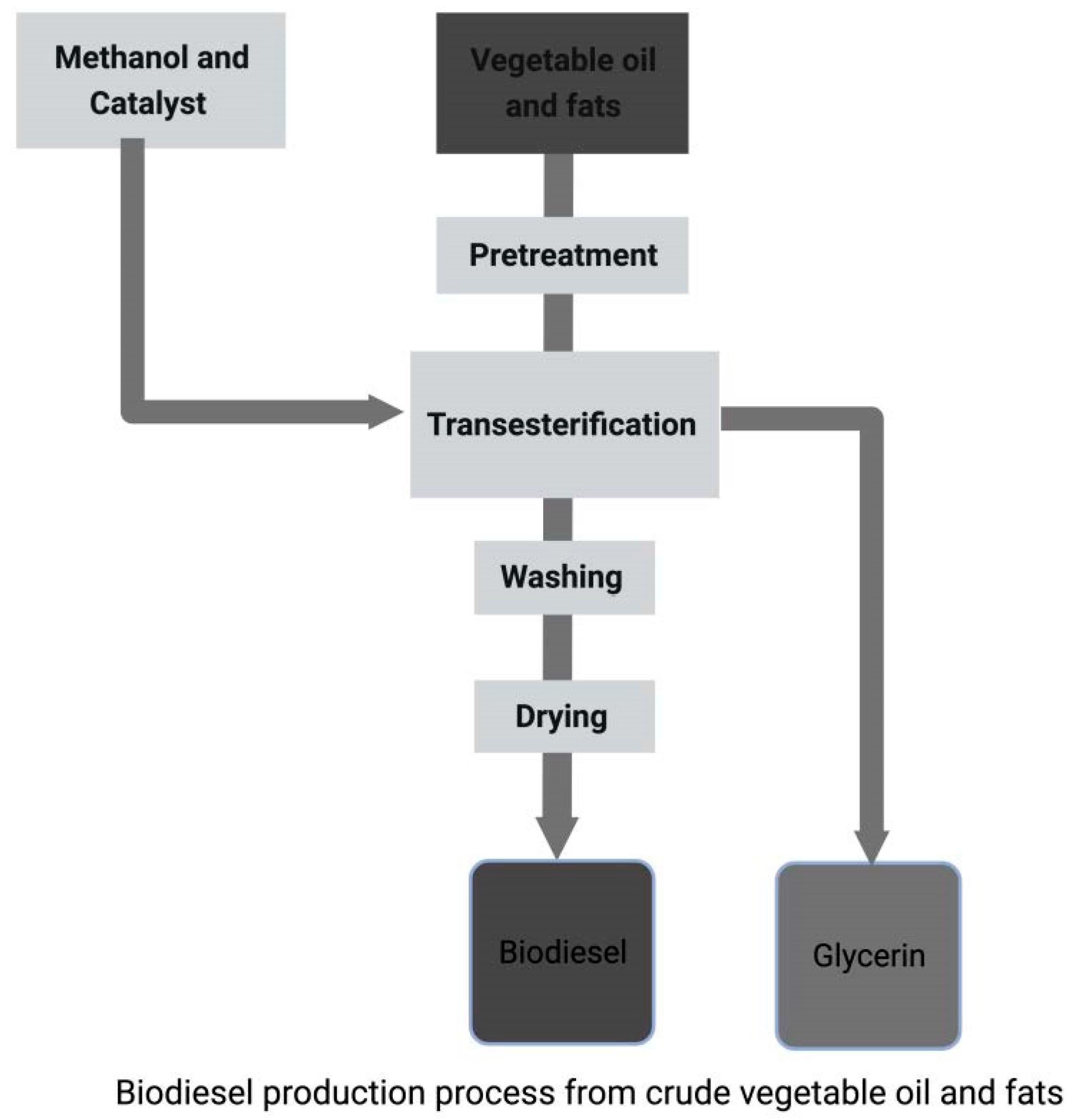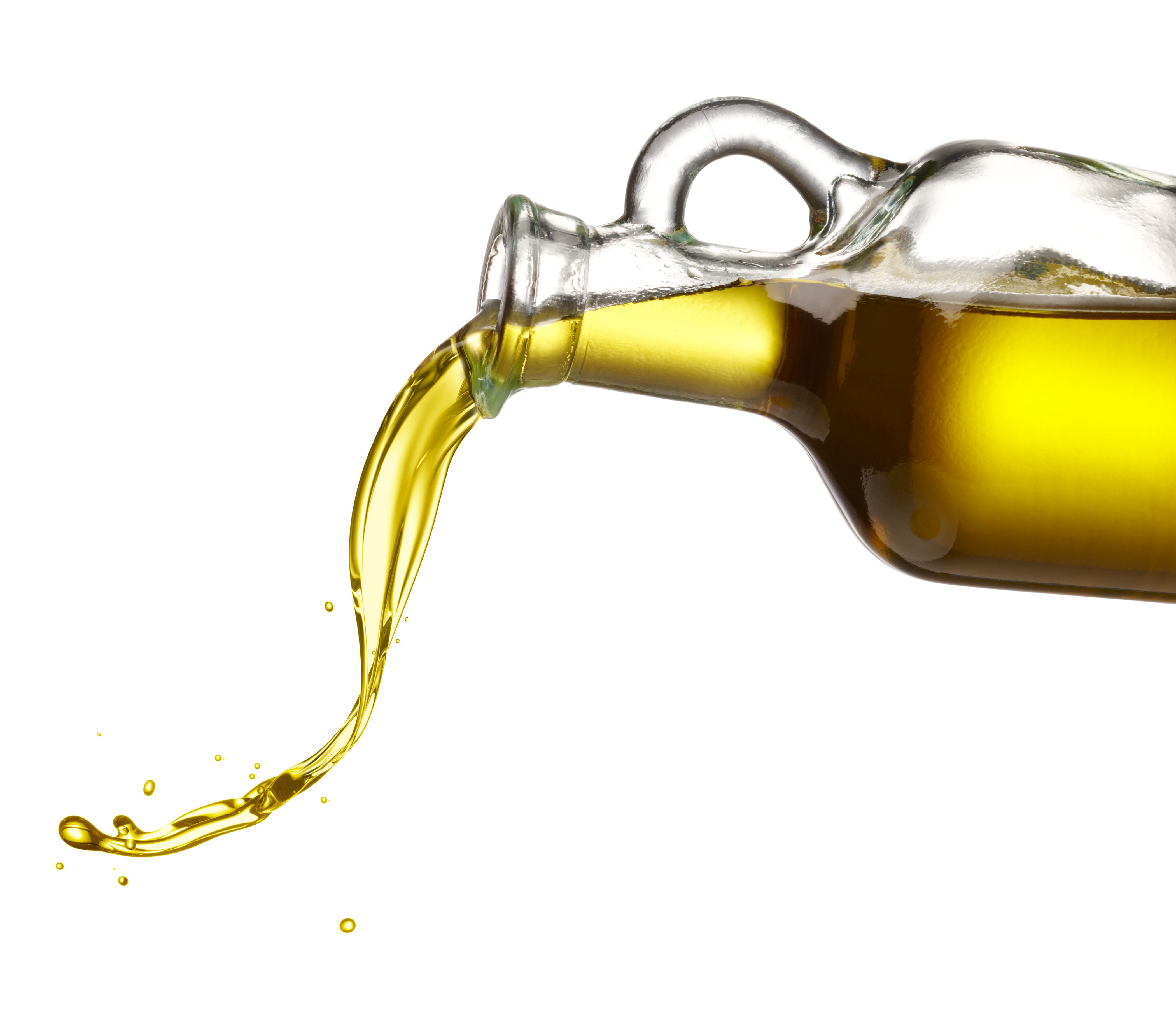Cooking oil is an essential ingredient in many kitchens around the world. However, recent studies have shown that the use of cooking oil can contribute to the production of smog, especially when heated at high temperatures.
Understanding the Impact of Cooking Oil on Smog
When cooking oil is heated, it can release volatile organic compounds (VOCs) and other pollutants into the air. These emissions can react with other pollutants in the atmosphere to form smog, which can have harmful effects on human health and the environment.
Research Findings on Cooking Oil and Smog
Researchers have found that the type of food and oil used in cooking can heavily influence cooking emissions. Ventilation plays a crucial role in reducing the impact of these emissions on indoor air quality.
A study conducted in 2020 discovered that the heating of edible oils during cooking activities promotes the emissions of pollutants that can have adverse effects on human health. This highlights the importance of proper ventilation and cooking practices to minimize the impact of cooking oil on air quality.

Credit: www.mdpi.com
Effects of Cooking Oil Fumes
Cooking oil fumes contain a mixture of chemicals, with aldehydes drawing particular attention due to their harmful nature. These fumes are commonly generated during frying with oil and can contribute to indoor air pollution.
It is important to note that oil-based cooking produces more particles than water-based cooking, which can further exacerbate air quality issues.
Preventing Cooking Oil-Related Smog
To reduce the impact of cooking oil on smog production, there are several steps that individuals can take:
- Use ventilation systems when cooking to help remove pollutants from the air.
- Avoid overheating cooking oil, as this can lead to the production of more harmful emissions.
- Consider using alternative cooking methods that produce fewer emissions, such as baking or steaming.
- Regularly clean cooking appliances to prevent the buildup of residue that can contribute to air pollution.

Credit: kitchenofyouth.com
Frequently Asked Questions
Does Cooking Oil Smoke?
Yes, cooking oil can smoke when heated at high temperatures, releasing harmful pollutants into the air.
Does Vegetable Oil Cause Pollution?
Vegetable oil can contribute to air pollution when used for cooking at high temperatures. The emissions released during the cooking process can contain unhealthy air pollutants. It is important to have proper ventilation to minimize the impact of vegetable oil on air quality.
What Makes Cooking Oil Cloudy?
Cooking oil can become cloudy due to a process called crystallization. When the oil is exposed to low temperatures, the fatty acids in the oil solidify and form tiny crystals. This can make the oil appear cloudy. To clear the cloudiness, simply warm the oil gently until the crystals dissolve.
How Long Does Cooking Oil Stay In The Air?
Cooking oil can stay in the air for a few hours, depending on factors like ventilation and cooking temperature.
Conclusion
While cooking oil is a staple in many households, it is essential to be mindful of its impact on air quality. By adopting proper cooking practices and ventilation measures, individuals can help reduce the production of smog caused by cooking oil emissions.
Remember, a little awareness can go a long way in protecting both our health and the environment.


